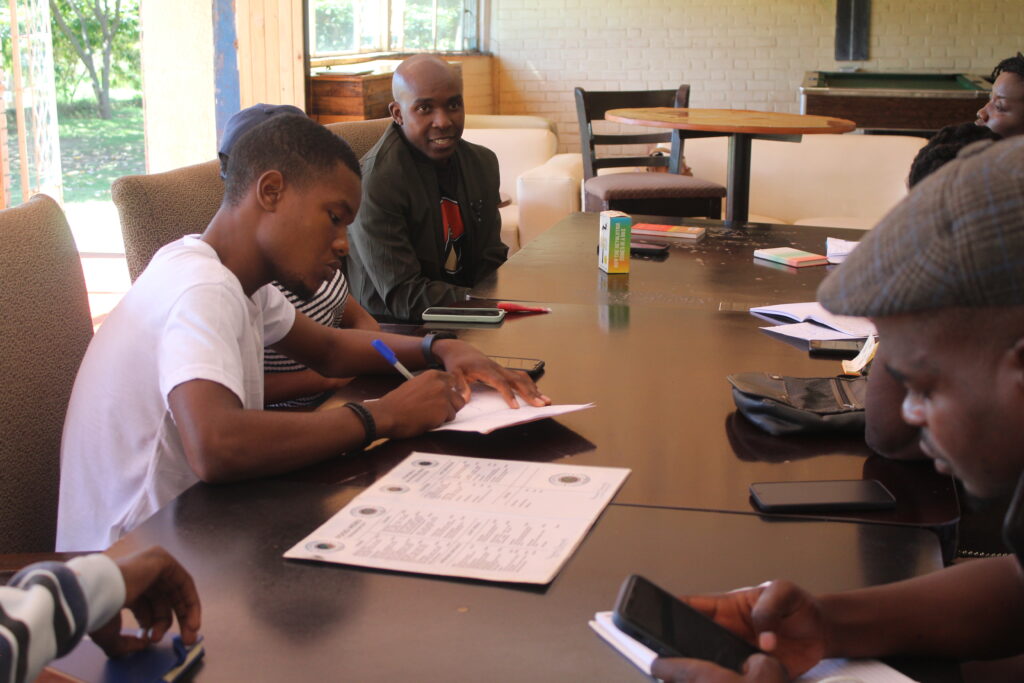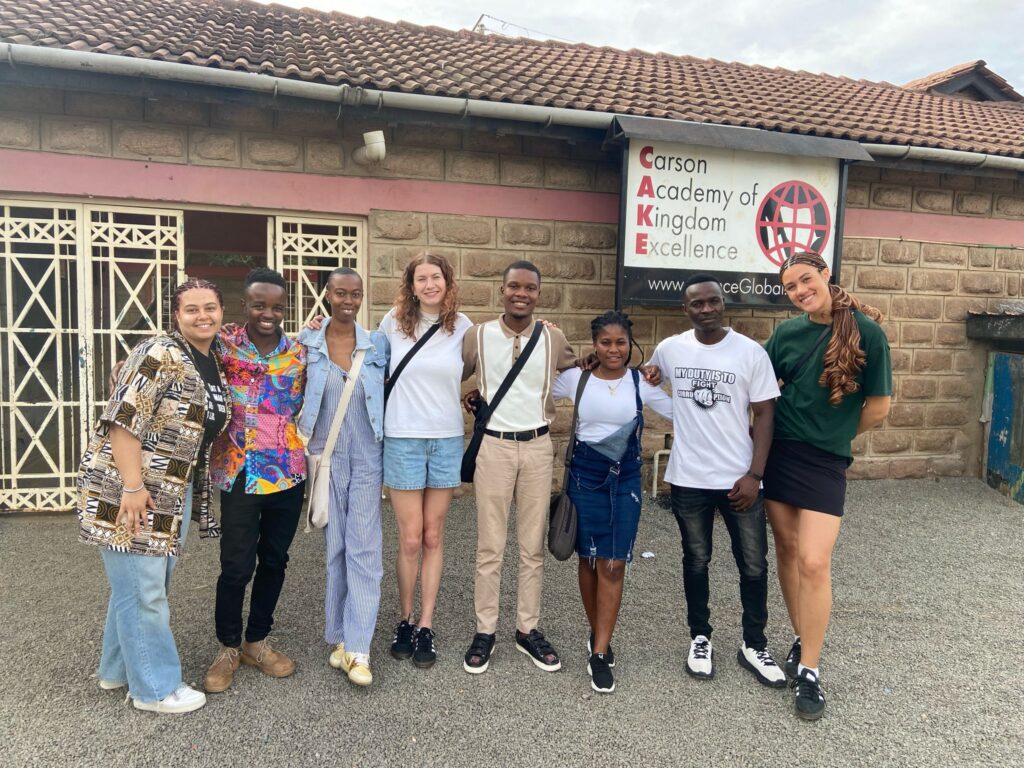In May 10, 2025, in Harare, Zimbabwe, the Zimbabwe National Students Union (ZINASU) National Executive Council participated in a high-impact training centered on Climate Action and Participatory Democracy and Governance Issues (Accountability and Transparency). The program aimed to equip student leaders with the knowledge and tools to address climate challenges and promote democratic accountability.
The climate session emphasized the historical roots and global inequalities of climate change, underscoring how the Global South faces pressure to adopt green energy despite being minimally responsible for historic emissions. Key themes included the need for “climate democracy,” linking environmental issues with local socioeconomic challenges (e.g., water scarcity, electricity shortages, and education access). Barriers such as lack of climate finance, public misinformation, and political disinterest were explored, with proposed solutions involving mass education, policy engagement, green voting, and making climate action relatable to everyday life.
The governance session focused on deepening understanding of corruption, distinguishing between embezzlement and misappropriation, and outlining types of corruption (petty, grand, systemic, and isolated). Participants learned to use tools like the Freedom of Information Act (FOIA), parliamentary committees, and citizen-led audits to demand transparency. Strategies for activism included stakeholder analysis, transformative change-making, and peaceful protest tactics. The importance of holding leaders accountable through their own words, reports, and promises was heavily emphasized.
A critical outcome of the training was recognizing the intersection between climate action and governance. NEC members resolved to prioritize governance reforms to address corruption and inefficiency, which hinder climate responsiveness. They outlined strategic actions such as grassroots education, capacity building, policy tracking, online advocacy, and leveraging institutional reports to support accountability. Youth engagement, knowledge sustainability, and continuous activism were identified as key to long-term impact. Participants left the training inspired, armed with actionable tools, and committed to a participatory, justice-centered movement for both environmental and political change in Zimbabwe.


